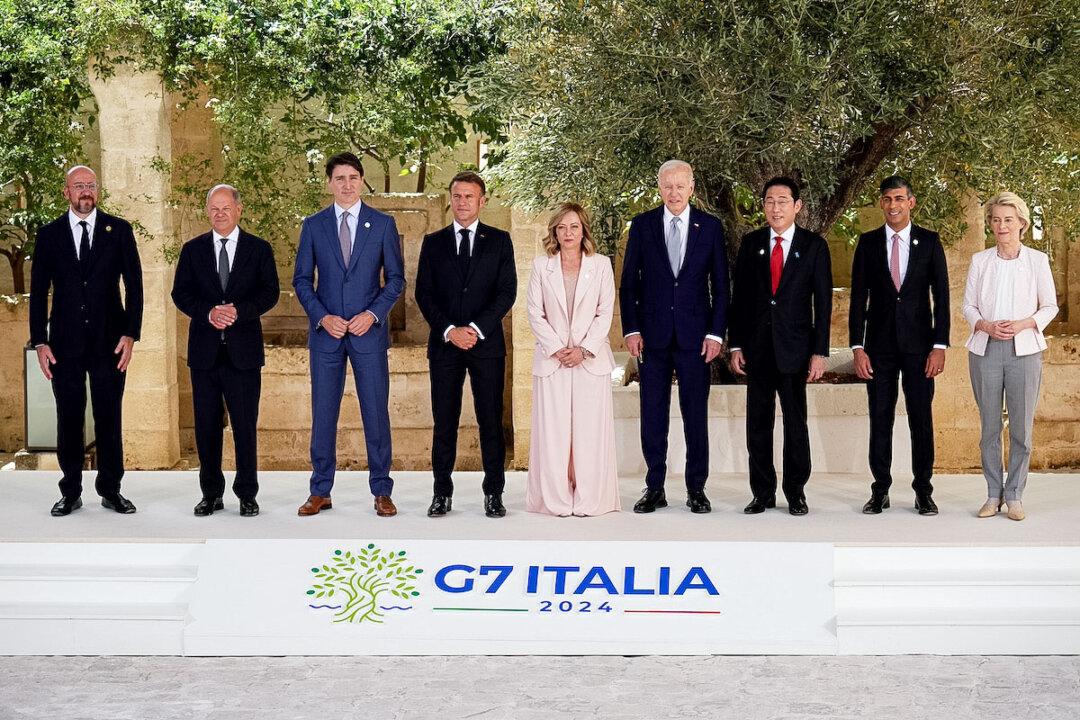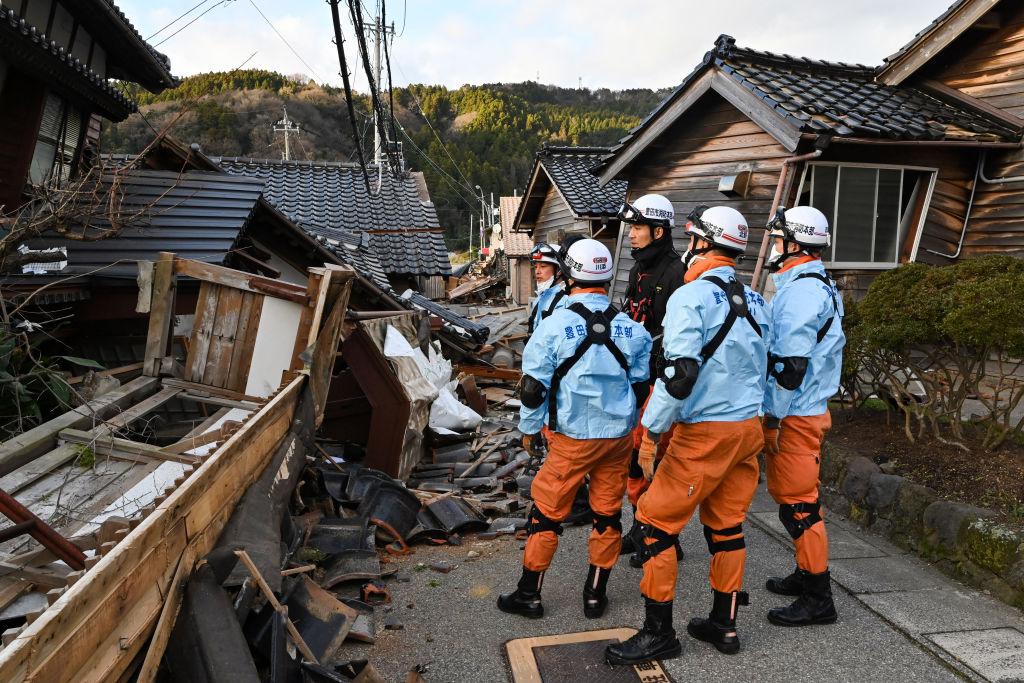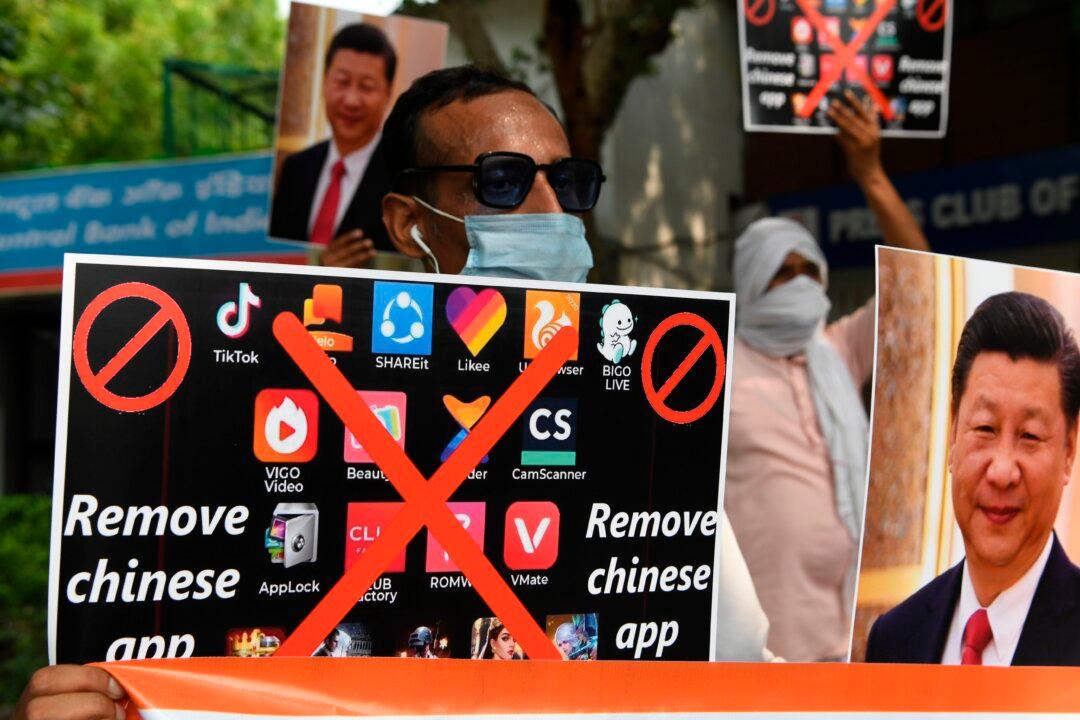The recently concluded G7 summit demonstrated to the world that Europe and the United States are determined to deter the Chinese Communist Party (CCP) and Russia from further aggression, with sanctions introduced against Chinese entities, including financial institutions that provide economic impetus for Russia to maintain its war against Ukraine.
In the G7 communiqué released on June 14, “China” was mentioned a rare 28 times in its elaborating of the Chinese communist regime for threatening geopolitics and peace on issues such as production overcapacity, support for the Russia-Ukraine war, “militarization, and coercive and intimidation activities” in the South China Sea, and other issues.




